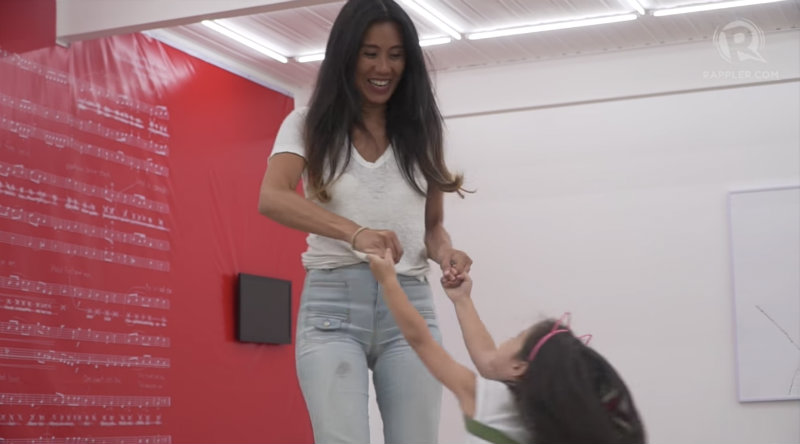
MANILA, Philippines – In fulfillment of one of her past projects, women’s rights advocate Nikki Luna interviewed a group of Filipino women living along Agham Road in Quezon City. She asked them, “If you could do something outrageous, what would it be and why?”
Luna said that one of the womwn thought long and hard before answering with zeal and confidence,“Mag-aral(To study).”
While compelling, that exchange is not an exaggeration.
A Philippine Statistics Authority (PSA) survey in 2017 pointed out to how societal norms – specifically, how women are seen as “ilaw ng tahanan (source of light of the household)" – play a part in the disenfranchisement of women in education.
According to the survey, majority of the Filipino girls who dropped out of school, or specifically at 60%, cited “marriage or family matters” as one of their main reasons for not pursuing their studies. Boys who took the same path cited their "lack of interest" in school.
Sexual harassment of women
Unfortunately, lack of education makes women more vulnerable, Luna said. (READ: Why many of the hungry are women)
“[May mga babae na] nakaranas ng pang aabuso – marami siyang hugis, marami siyang parang lebel ng pag-aabuso – na hindi minsan nade-define o hindi mo alam kung paano mo sasabihin kung mali 'yun dahil sa kulang na kaalamanan,” Luna said in an interview with Rappler.
(Some women experience abuse – it comes in different forms and levels – and sometimes, you don't know how to define it or even how to say if what has been done to you is wrong because of lack of knowledge.)

“At minsan dahil sa walang kaalamanan kung tungkol saan ba ang karapatan mo, hindi mo alam ang gagawin,” the women’s rights advocate added.
(And because many women do not know their rights, they do not know how to respond to abuse.)
In the Philippines, a woman or child is raped every 53 minutes, according to the Center for Women’s Resources. The group added that out of 7 in 10 rape victims are children. (READ: The many faces of sexual harassment in PH)
Acknowledging that these numbers represent stories of real women who experience abuse, Luna, along with the co-founders of Power in Her Story, hopes to help change these figures. A girl or women-centered publishing house and an imprint of Manila Feminista Incorporated, Power in Her Story seeks to “focus on mainstreaming women's human rights and gender equality.”
“We believe that education and books will help change mindsets,” the group said in a statement.
Other founders of the publishing house are Gantala Press founder Faye Cura, UN Women member Chang Jordan, and filmmaker and writerJaja Arumpac. The group also got Julienne Dadivas (Hulyen) as their illustrator.
Women’s narrative
According to Luna, they created the publishing house because they saw the need and opportunity to strengthen education on women’s rights at a very young age. (READ: UN Women urges people to report sexual harassment cases)
“Maraming programa na pambabae pero wala talaga 'yung simula’t simula pang-batang babae or pang-bata (There are many programs for women but we need something that targets young girls or children in general)," Luna further explained.

The publishing house’s first book is entitled I Love My Body. Written by Luna herself, it is a children's book that teaches young kids, especially girls, that they own their body. The bigger goal of the book, according to Luna, is to make kids understand that they can break gender norms.
The same book is translated by Faye Cura in Filipino in Mahal Ko Ang Katawan Ko.
According to Luna, every time one purchases the English version of the book, a child in a local community receives another copy of the Filipino book. They are also planning to translate and produce the same in other local langauges like Bisaya and Ilokano.
“And libre siya, libre talaga lalabas 'yung isang Filipino book. Wala kaming hinahangad na kikitain, gusto lang talaga namin paikot-ikot siya mas marami kaming magagawa,” Luna said.
(The Filipino book will be free. We are not here for the profit. What we want to do is to keep it circulating so we can do more.) – Rappler.com